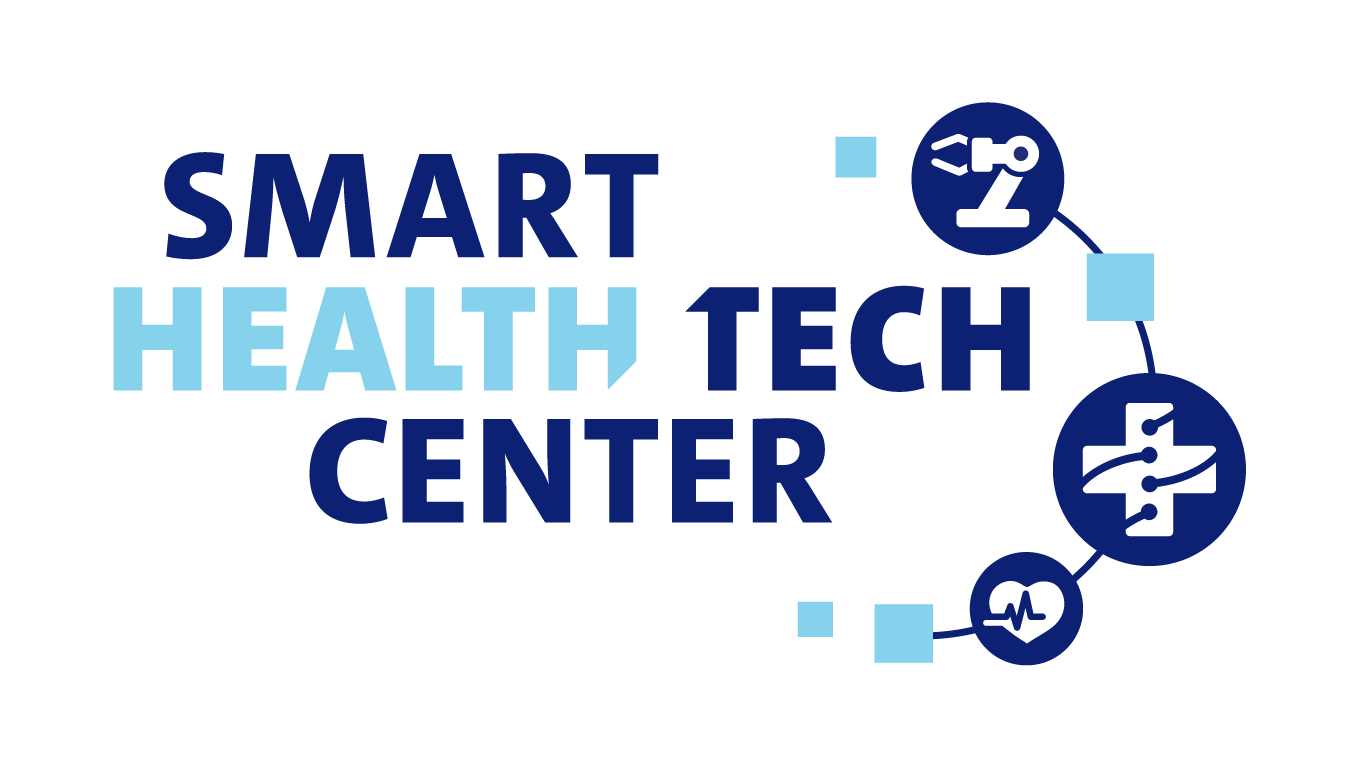Disentangling the association between the HPA-axis and poor sleep
Project summary
Poor sleep and insomnia are highly common across the population and associated with a higher annual loss of Quality-adjusted-life-years (QALYs) than depression, arthritis or hypertension. Hyperarousal has been hypothesized to underpin poor sleep and insomnia. The hypothalamic-pituitary-adrenal (HPA) axis is key in the stress system and hyperarousal, but our current understanding of the role of the HPA-axis in poor sleep is hampered by limited use of objective measures in large, non-clinical populations.
This project will disentangle the association of the negative feedback loop of the HPA-axis with poor sleep. First, by examining the cross-sectional association between the negative feedback loop of the HPA-axis and at-home polysomnography (PSG) measured sleep. Second, by assessing the longitudinal associations of self-reported and actigraph-estimated sleep.
Impact
Problems with sleeping and stress have a large impact on life, from a health, social and economic perspective. A better understanding of the role of stress in poor sleep will provide unique opportunities for treatment and prevention in a world where sleep and stress are highly common.
More detailed information
Principal Investigator:
Dr. Annemarie Luik
Role Erasmus MC:
Coordinator
Department:
Project website:
Not available
Funding Agency:
Sleep Research Society Foundation



